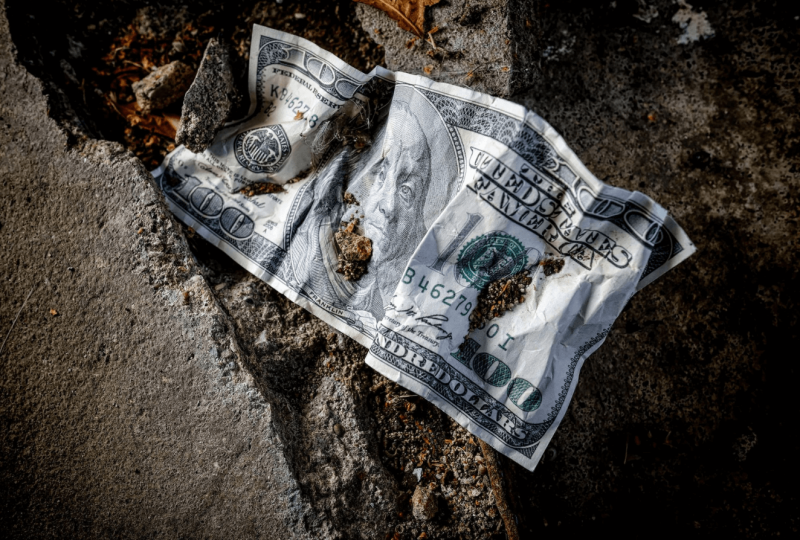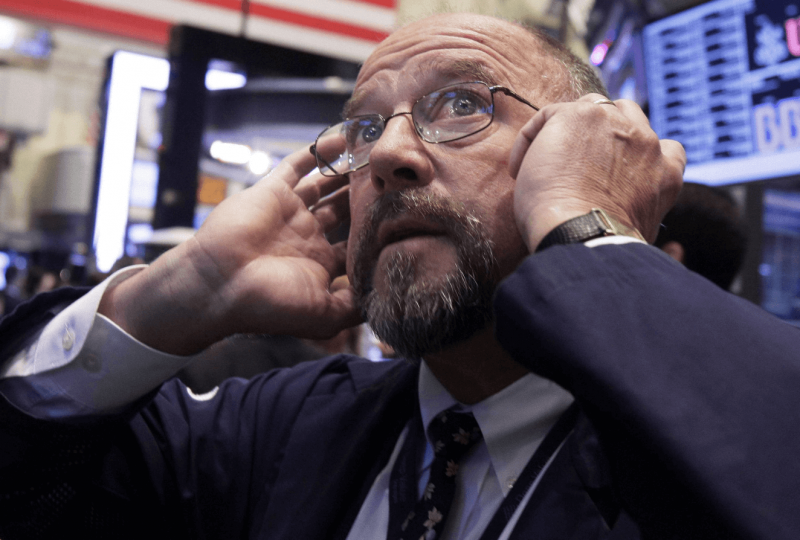Credit Suisse On The Defensive After Dirty Money Data Leak
Feb 21, 2022

Credit Suisse was dragged into a dirty money controversy on Monday when media revealed that the Swiss bank had maintained accounts for human rights violators, criminals, and sanctioned business people.
The accounts were kept from the 1940s until the 2010s, according to one individual, who published the details in Germany's Sueddeutsche Zeitung. Following this, the German paper provided the data to 46 other media outlets, such as the New York Times, the Guardian in the United Kingdom, and Le Monde in France, among others.
The Panama Papers-style investigation was revealed on Sunday, as Credit Suisse, which rejects any misconduct, struggles to escape from a slew of risk-management controversies, including a 1.6 billion Swiss francs ($1.75 billion) losses in 2021, which have sunk its shares.
According to the New York Times, the released materials included more than 18,000 accounts totaling over $100 billion.
The findings also drew attention to Switzerland a little over three years after it, under US pressure, abandoned a centuries-old tradition of confidentiality that had established the nation as a repository for the planet's wealthy.
"Even if the claims are untrue, this raises doubts about CS's asset management activities and should divert management's attention to fighting fires rather than move forward," RBC strategists remarked.
Credit Suisse equities, which dropped by nearly a quarter in 2021, were over 3% down by mid-afternoon.
"Credit Suisse firmly denies the claims concerning the bank's alleged business operations," the institution stated in a release published in reaction to the consortium's revelations on Sunday night.
According to the institution, as part of the sector's and Switzerland's financial reforms, Credit Suisse has taken a series of significant additional measures over the past decade, including investments in combating financial crime. The bank further noted that it adheres to all the highest criteria.
FINMA, the government body responsible for financial regulation, which reprimanded Credit Suisse in 2018 for its anti-money laundering shortcomings, confirmed it was in touch with the bank regarding the problem.
According to the Swiss watchdog's official, compliance with anti-money laundering legislation has been an important component of the regulator's oversight responsibilities.
Following a request from representatives of the EU Parliament to check Swiss banking activities and possibly add the country to Europe's dirty-money list, the finance ministry's State Secretariat for International Finance stated that the country complies with "all global criteria for the exchanging of data in tax matters and in combating money laundering, terrorist financing, and corruption."
It further said that Switzerland was now a part of the automated exchange of account details with over 100 nations.
Credit Suisse characterized the matter as primarily historical and noted that context was missing.
A number of bank accounts were investigated during the past three weeks after the bank received several requests from the consortium.
Over 90% of the examined accounts have already been closed or are in the process of being closed before press inquiries, with almost 60% of them already closed by 2015, according to the bank.
The bank added that its investigations on the remainder of accounts were OK.
"Switzerland's financial center is uninterested in money of questionable origins. It places the highest value on maintaining its credibility and integrity," the Swiss Bankers Association stated.
Following the leak, arguments about whether Swiss banking reforms have been sufficiently effective are likely to reignite. It was suggested by the insider who shared the information that banks alone should not solely be blamed for the state of affairs since they are simply being good capitalists by maximizing profits within the legal framework they operate under.




